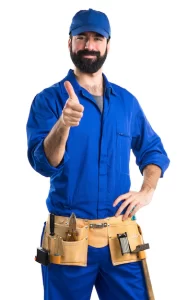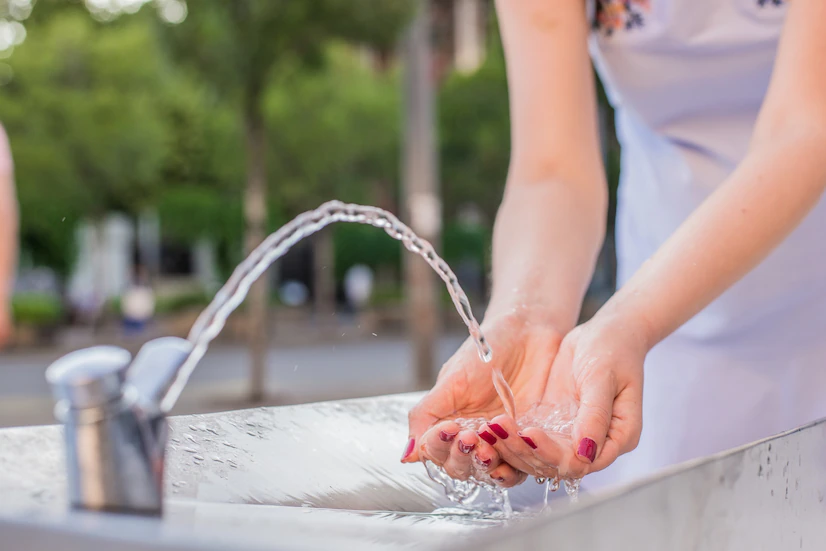Whether you’re a homeowner or a business owner, a water supply plumber can be pretty much anyone. Whether they have years of experience or they’re a brand-new plumber, water plumbers perform many essential tasks.
As a water supply plumber, your duties will vary, depending on where you live. Generally, you will install new pipes for homes or businesses, work on the supply lines for washing machines, and replace broken parts. Keep reading to learn more about the responsibilities of a water supply plumber.
In this post, I’ll be going over a few of the main responsibilities of water supply plumbers.
1. Familiar with the local code requirements
A water supply plumber must be familiar with the local code requirements for the installation of water supply pipes and fixtures. In most areas, a plumber must be licensed by the state in which he or she works. A water supply plumber may work for a water utility company, a plumbing contractor, or may be self-employed. Consequently, a water supply plumber must be able to install, repair, and maintain water supply lines and fixtures. He or she must be able to read and interpret blueprints and other technical drawings.
2. Able to troubleshoot problems
A water supply plumber must be able to troubleshoot problems with the water supply system. He or she must be able to identify the source of the problem and correct it. He or she must also be able to install and repair pipes and fixtures.
3. Able to clean the pipes and fixtures
A water supply plumber is responsible for installing and repairing pipes and fixtures associated with the water supply in a building. This includes ensuring that the water supply is adequate and that the pipes are properly installed and maintained. In addition, the plumber must ensure that the fixtures are properly installed and that they are functioning properly. If you are from Norway then this portal help you to hire 24/7 Plumber on call in Stavanger (24/7 Rørleggervakt Stavanger)
A water supply plumber is also responsible for the maintenance and repair of the pipes and fixtures in the water supply system. They must be able to clean the pipes and fixtures to prevent the build-up of dirt and grime. Specifically, they must be able to repair leaks and other damage to the system.

4. Must be able to install backflow preventers
A water supply plumber must be able to install backflow preventers in the water supply system. Backflow preventers are devices that are install in the water supply system to prevent contaminated water from flowing back into the potable water supply. Consequently, water supply plumbers must be able to install, repair, and maintain backflow preventers.
5. Able to winterize the water supply system
Water supply plumbers are responsible for ensuring that the water supply system is winterized. This involves checking the pipes for any leaks and repairing them if necessary. The plumber will also insulate the pipes to prevent them from freezing.
6. maintain the water pressure
A water supply plumber must be able to maintain the water pressure in the water supply system. The water pressure in the system is determin by the elevation of the water source, the size and type of pipe used, and the amount of water flowing through the system. Truly, the plumber must be able to calculate the proper amount of water needed to maintain the desired pressure in the system.
7. Repair leaks in the water supply system
As a water supply plumber, you must be able to repair leaks in the water supply system. This involves using a variety of tools and techniques to find and fix leaks. You must be able to work with a variety of materials, including copper, PVC, and galvanized steel. You must also be able to troubleshoot and repair a variety of plumbing fixtures, including sinks, toilets, and showers. Although, you must be able to install and repair water heaters. These are all about responsibilities of water supply plumber.
At Nutshell
The water supply plumbing is a vital part of a building. A building cannot operate without water supply plumbing. Likewise, the water supply plumbing allows water to get to different sinks, faucets, and appliances. The water supply plumbing must maintain water pressure in the system and deliver water quickly and flawlessly.
Finally, I hope you enjoyed this post. I’d love to hear your thoughts in the comments below. Thanks for reading! Keep visiting TheSoftNews daily!

